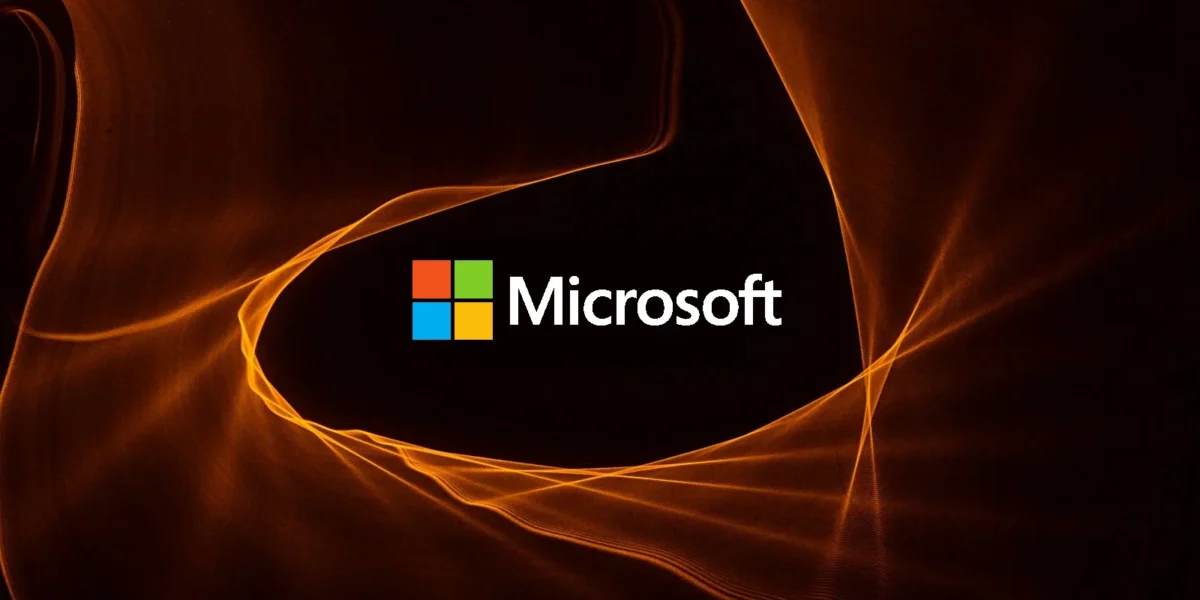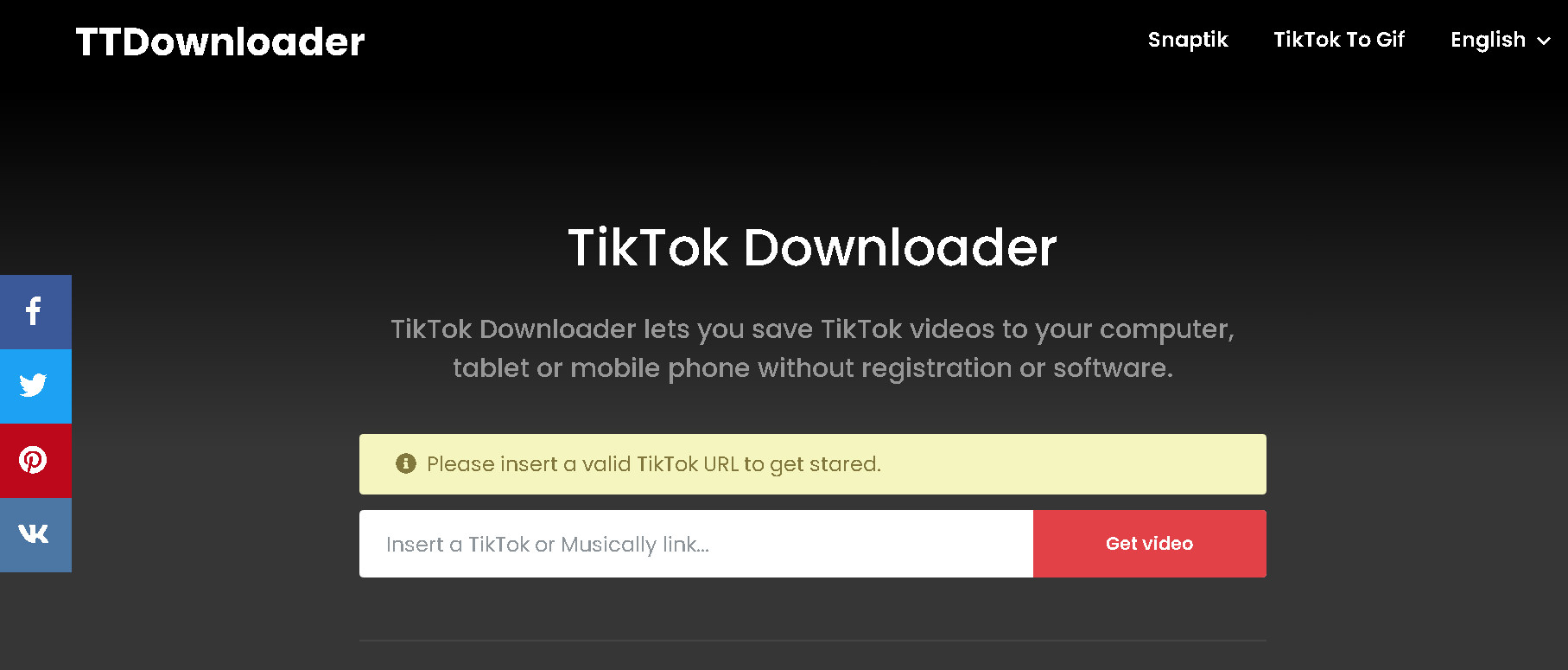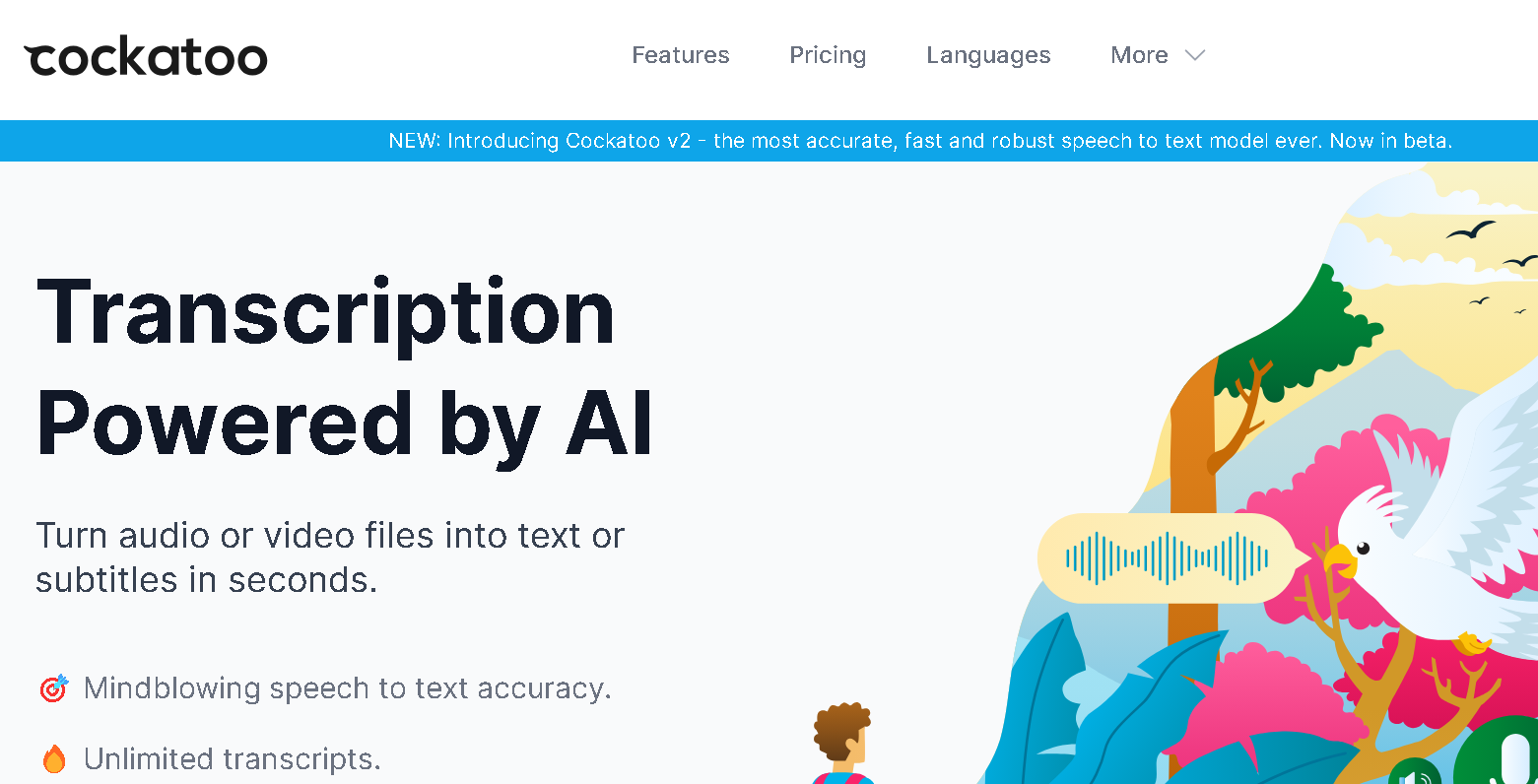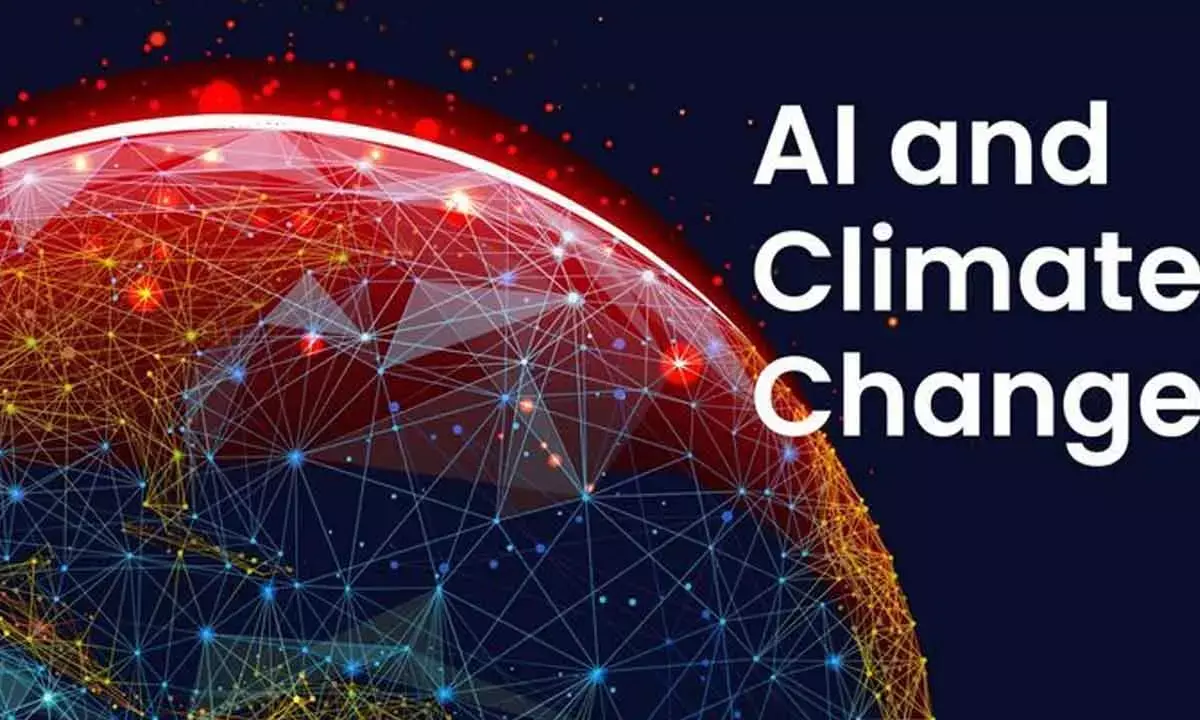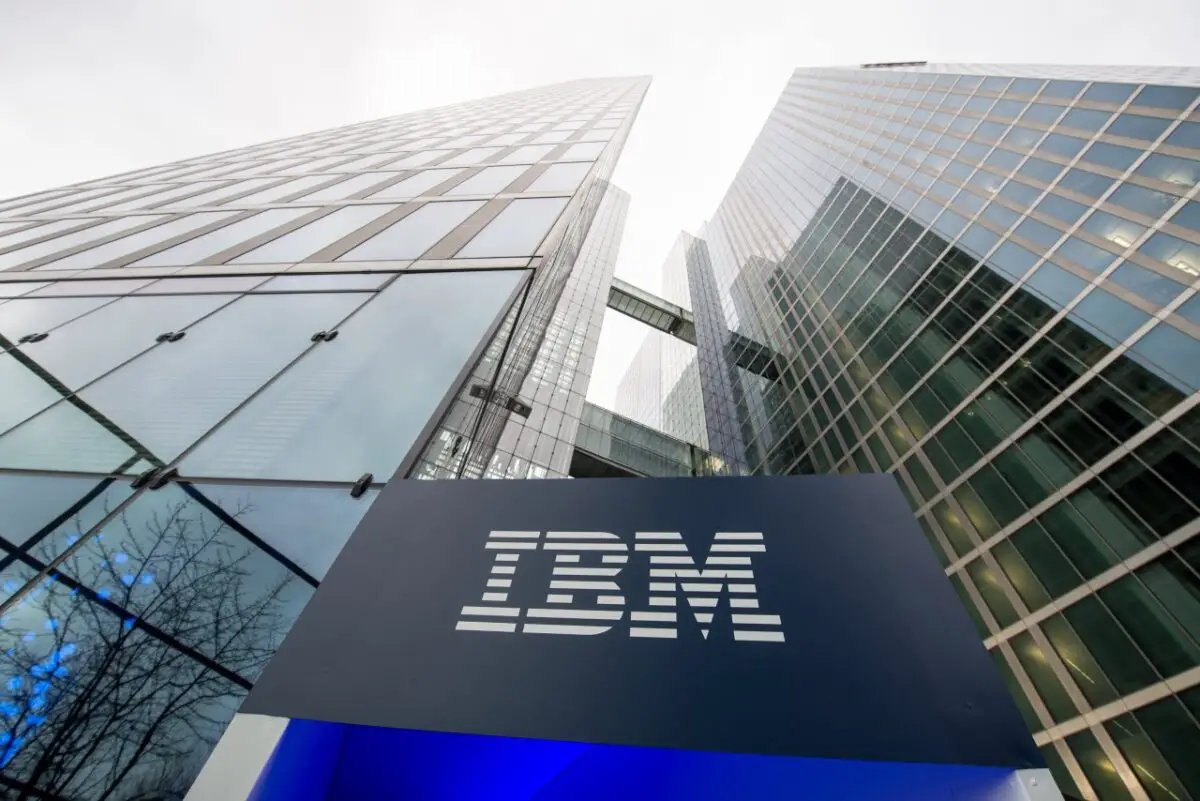Since its founding in 1975, Microsoft Corporation, one of the leading technological corporations in the world, has established a sizable presence in the international market. Microsoft was founded by Bill Gates and Paul Allen, and since then, it has grown from a tiny software startup to a global technology behemoth that affects almost every facet of contemporary computing and digital communication. An extensive examination of Microsoft’s history, main offerings, societal and technological effects, and future plans are given in this blog article.
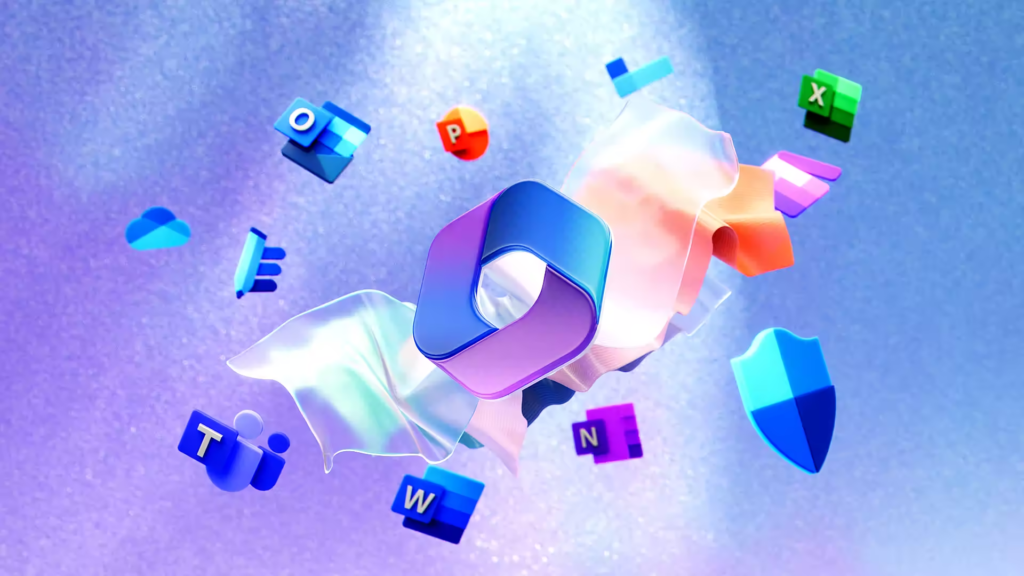
The Genesis and Early Years
Microsoft was born in Albuquerque, New Mexico, on April 4, 1975, when Bill Gates and Paul Allen saw an opportunity to develop software for the then-nascent personal computer market. Their first major product was a version of the BASIC programming language for the Altair 8800 microcomputer. This initial success set the stage for Microsoft’s rapid growth and establishment in the software industry.
The company’s name, a portmanteau of “Microcomputer” and “Software,” was indicative of its focus. In 1980, Microsoft signed a pivotal contract with IBM to provide an operating system for its upcoming personal computer. This deal led to the development of MS-DOS (Microsoft Disk Operating System), which became the foundation of Microsoft’s success and a significant milestone in its history.
The Rise of Windows
In 1985, Microsoft introduced Windows 1.0, a graphical extension for MS-DOS. This was the beginning of the Windows operating system, which would go on to become the most widely used operating system in the world. Windows 3.0, launched in 1990, marked a significant improvement with its enhanced graphical user interface and multitasking capabilities. The release of Windows 95 in 1995 was a watershed moment for Microsoft, with its user-friendly interface and integrated Internet Explorer browser making it a hit among consumers.
Subsequent releases, including Windows XP (2001), Windows 7 (2009), and Windows 10 (2015), continued to solidify Microsoft’s dominance in the operating system market. Windows 11, introduced in 2021, represents the latest evolution of the platform, featuring a redesigned interface, improved performance, and enhanced support for modern hardware and software.
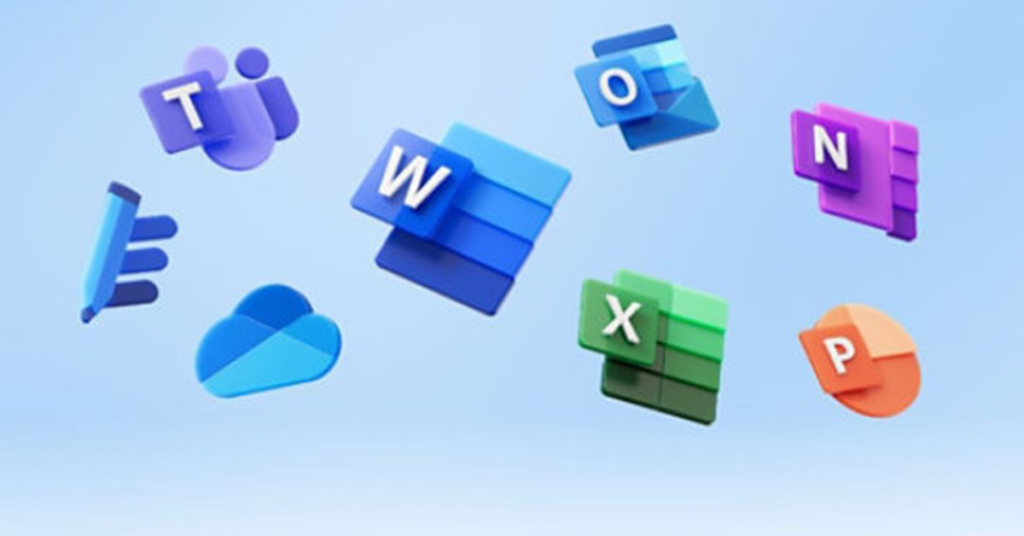
Diversification and Innovation
Microsoft’s growth has not been limited to operating systems. The company has diversified its portfolio to include a wide range of products and services:
- Office Suite: Microsoft Office, launched in 1989, revolutionized productivity software. The suite includes Word, Excel, PowerPoint, and Outlook, becoming the industry standard for office applications. The transition to Office 365, a subscription-based service, marked a significant shift toward cloud-based productivity solutions.
- Hardware: Microsoft entered the hardware market with the acquisition of the mouse and keyboard division from Logitech and later with the launch of the Surface line of tablets and laptops. The Surface Pro, Surface Laptop, and Surface Book have become key players in the 2-in-1 and ultrabook markets.
- Gaming: The launch of the Xbox gaming console in 2001 marked Microsoft’s entry into the gaming industry. Xbox has since become a major competitor in the gaming console market, with subsequent releases like the Xbox 360, Xbox One, and Xbox Series X|S. Microsoft’s acquisition of ZeniMax Media and Bethesda Softworks further strengthened its position in the gaming industry.
- Cloud Computing: Microsoft Azure, launched in 2010, represents the company’s foray into cloud computing. Azure has become one of the leading cloud platforms, providing a range of services including virtual machines, databases, and AI tools. The growth of Azure has been instrumental in positioning Microsoft as a leader in the cloud computing space.
- Artificial Intelligence and Machine Learning: Microsoft has invested heavily in AI and machine learning, integrating these technologies into its products and services. The company’s AI research, including the development of Microsoft Cognitive Services and the Azure AI platform, reflects its commitment to advancing the field of artificial intelligence.
Corporate Culture and Leadership
Microsoft’s corporate culture has evolved significantly over the years. Under Bill Gates’ leadership, the company was known for its competitive and aggressive business tactics. However, under Steve Ballmer, who succeeded Gates as CEO in 2000, Microsoft focused more on expanding its product range and market presence.
The appointment of Satya Nadella as CEO in 2014 marked a cultural shift towards a more collaborative and innovative environment. Nadella’s emphasis on empathy, growth mindset, and inclusivity has been pivotal in transforming Microsoft’s corporate culture and positioning it for future success. His leadership has also been instrumental in driving the company’s focus on cloud computing, AI, and other emerging technologies.

Impact on Technology and Society
Microsoft’s influence extends far beyond its products and services. The company has played a crucial role in shaping the technology landscape and influencing how people interact with technology:
- Productivity and Collaboration: Microsoft Office has been central to productivity and collaboration in both personal and professional settings. The suite’s tools have become indispensable for creating documents, analyzing data, and managing communications. The integration of Office with cloud services has further enhanced collaboration and remote work capabilities.
- Education and Learning: Microsoft has invested in educational initiatives through programs like Microsoft Education, which provides resources and tools for educators and students. The company’s software and hardware solutions support various educational needs, from classroom learning to remote education.
- Diversity and Inclusion: Microsoft has made significant strides in promoting diversity and inclusion within its workforce and the technology industry as a whole. The company has implemented various programs and initiatives to support underrepresented groups and foster a more inclusive workplace.
- Philanthropy and Social Responsibility: Through the Microsoft Philanthropies division, the company supports various social causes, including digital inclusion, environmental sustainability, and disaster relief. Microsoft’s commitment to corporate social responsibility reflects its broader mission to positively impact society.
Challenges and Controversies
Despite its success, Microsoft has faced various challenges and controversies over the years:
- Antitrust Issues: Microsoft’s business practices have come under scrutiny, particularly regarding antitrust issues. The company faced a major antitrust case in the late 1990s and early 2000s, resulting in a settlement with the U.S. Department of Justice and a change in its business practices.
- Security Concerns: As a major provider of operating systems and software, Microsoft has been a target for cyberattacks and security vulnerabilities. The company has invested heavily in improving security features and addressing vulnerabilities in its products.
- Market Competition: Microsoft faces intense competition in various markets, including operating systems, cloud computing, and gaming. Competing with companies like Apple, Google, and Amazon requires continuous innovation and strategic positioning.
Future Directions
Looking ahead, Microsoft is poised to continue its leadership in the technology industry through several key areas:
- Quantum Computing: Microsoft is investing in quantum computing, a field with the potential to revolutionize computing power and solve complex problems beyond the capabilities of classical computers. The company’s Azure Quantum platform is a significant step in this direction.
- Sustainability: Microsoft has committed to ambitious sustainability goals, including becoming carbon negative by 2030. The company is investing in renewable energy, reducing waste, and promoting environmental sustainability across its operations.
- Continued Innovation: As technology continues to evolve, Microsoft remains focused on driving innovation in areas such as AI, cloud computing, and mixed reality. The company’s research and development efforts are aimed at creating new solutions and enhancing existing products.
- Global Expansion: Microsoft’s global presence continues to grow, with the company expanding its reach in emerging markets and investing in international operations. This global strategy positions Microsoft to tap into new opportunities and address diverse market needs.

Conclusion
Microsoft’s journey from a small software company to a global technology leader is a testament to its innovation, adaptability, and strategic vision. With a diverse portfolio of products and services, a commitment to societal impact, and a forward-looking approach, Microsoft continues to shape the technology landscape and influence the way people interact with technology. As the company navigates the challenges and opportunities of the future, its legacy of innovation and leadership is sure to endure, making Microsoft a central figure in the ongoing evolution of the digital age. Tech-arcis







